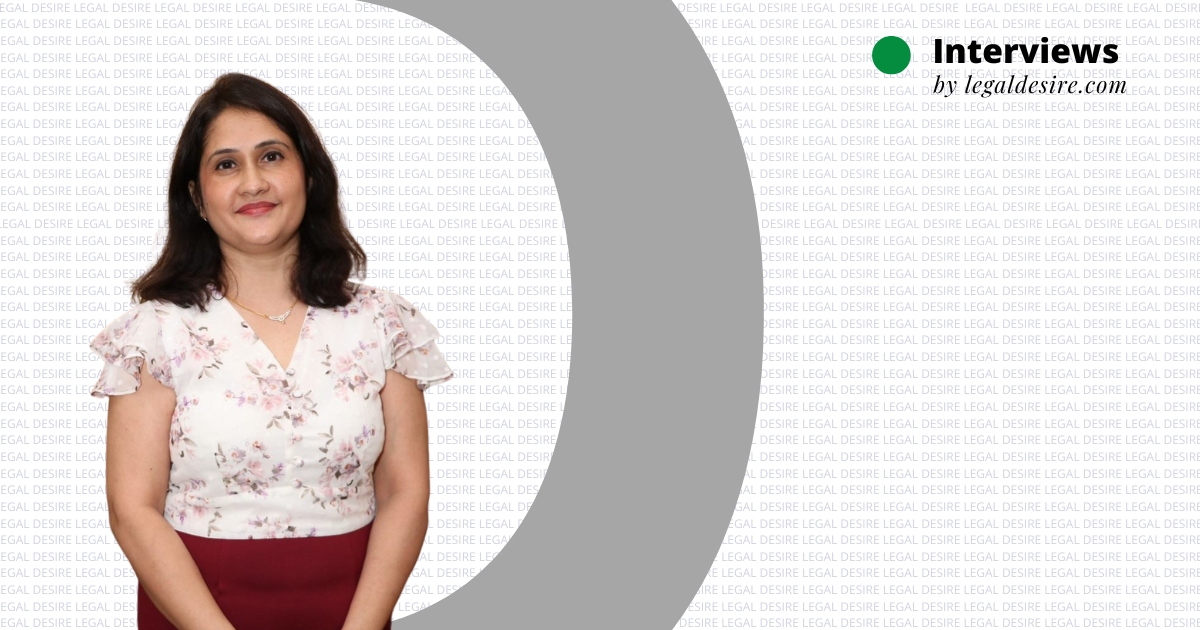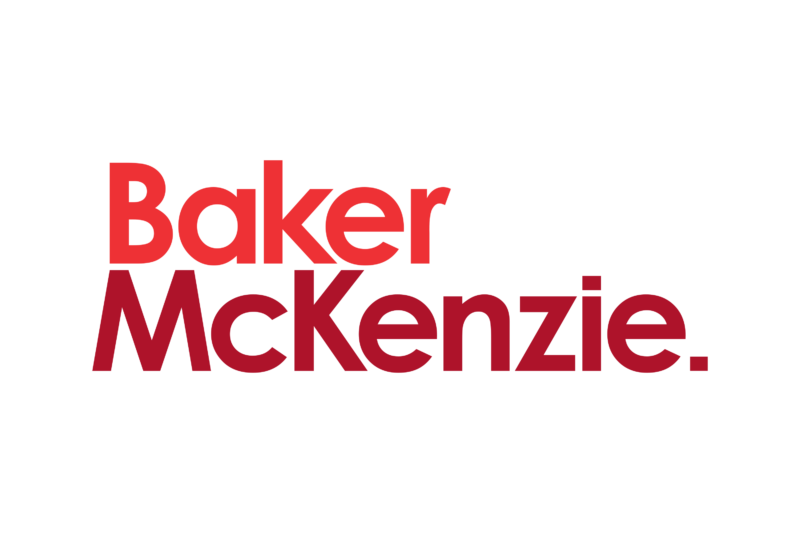My primary role at Aumirah involves developing overseas business where we help Indian clients secure IP globally. This involves guiding and assisting clients in making right choice of countries, identifying ways to minimize costs while maximising protection. The most exciting part of working with MSME’s start-ups and entrepreneurs is firstly learning about how young India is solving complex problems in various fields in the most innovative manner, and being able to contribute to the change they are bringing by assisting them in their IP and legal matters. So, we at Aumirah are personally committed to bring about a positive change in the world through the companies we work closely with.
With your extensive experience in managing global IP filings, what are some of the key challenges Indian companies face when seeking IP protection in international markets?
The Indian start up ecosystem is still evolving and the biggest challenge or barrier to seeking IP protection globally is the funds required to file and maintain patents globally. Another challenge that I see as even more crucial is that very often companies are unsure of countries where they must exert their IP rights. Also, Indian companies are not very well aware of the way IP works in different countries and hence are fully dependent on their service providers for taking such decisions. I feel there is a need to educate Indian clients on the choices and rights they have as applicants in different countries so that they are able to take well informed decisions.
For a startup or MSME looking to expand internationally, what are the key factors they should consider when planning their global IP strategy?
Global IP strategy is a visionary decision that a company may have to take in an early stage even before the product/technology has been tested in the home country. Keeping this in mind, the global IP fraternity has designed many provisions that allow companies sufficient time to test their IP in home country , raise sufficient funds , build systems and then go global. Choice of countries is a decision that must take into account several factors such as – product type and its potential market, potential competitor base, potential areas for collaboration and to set up manufacturing facility, time required for patent to be granted, level of enforcement of IP in specific area, total cost for securing and maintaining a patent and of course the vision and mission of the company .
How has Aumirah been able to assist Indian companies in realizing their IP goals, and what role does effective client engagement and relationship management play in that success?
I am happy and proud to say that we at Aumirah share a special bond with each of our clients, where we aren’t just service providers, rather we like to be an extension of their R&D team, helping them secure their innovative ideas, provide inputs crucial to their IP and largely help the management take the right decisions on IP and legal matters. So there are different ways in which the team interacts and contributes such as -helping clients identify core IP that must be protected, draft strong and enforceable patents that actually provide the required protection & market monopoly and lastly suggest all possible ways to save cost and time . We at Aumirah believe in educating our clients on IP matters , so that they are aware of their rights and options at all times. We try to keep our clients well informed on their IP at all times and also set them free to focus on other aspects of business such research, marketing and sales.
In your experience, what are some of the common mistakes companies make when filing for IP protection internationally, and how can they avoid these pitfalls?
The most common mistake is not considering the full cost for securing and maintaining an IP and considering the initial filing cost only. I have seen companies filing extensively and abandoning IPs due to increasing cost in future. So, a well informed decision must be taken considering all factors including the companies broad vision, potential markets and the full cost to be incurred. It is a good idea to understand how IP works in different countries and take an expert advice before filing globally. Secondly, many a times prosecution is not handled properly leading to multiple office actions adding up to the overall cost and time for grant. There are ways in which prosecution cost time can be shortened and companies must adopt those ways.
You’ve also played a key role in connecting Aumirah’s clients with one another to solve business problems. How has fostering this ecosystem contributed to their overall success and growth?
A large number of our clients are Start-ups that share same kind of challenges, vision and also have the same spirit when it comes to innovation and implementation . So, connecting clients facilitates knowledge sharing where every company/ entrepreneur benefits from experiences and learnings of others. This way we are able to build a close network of goal oriented individuals that are focused on provide solutions to complex problems in the most affordable and efficient manner.
What trends do you see emerging in the global intellectual property landscape, particularly in markets like the USA, Russia, and Australia, where you’ve handled filings?
There has always been an interest in securing IP in US and European Union . Other countries where I see growing interest are – Australia, UK, UAE, Saudi Arabia and South East Asia.
As an IP expert, what advice would you give to startups and entrepreneurs who are just beginning to navigate the complexities of intellectual property protection on a global scale?
I would like to say that for every business IP should not be the at the core , rather it can be a fence that protects the core idea/ innovation . So it’s absolutely important to firstly identify the core IP, have a strong patent on it whose goal should not be just grant , but no one should be able to work around the patent claims easily .One strong patent is better than having multiple weak patents, so the focus has to be on quality. Also since technology changes fast and there will be several modifications in the innovation, this aspect must also be addressed while drafting the patent claims. In a nutshell, a strong patent on core idea will give protection in the long run.
How do you approach client education on the importance of IP, especially for startups and MSMEs that may not fully understand the long-term value of intellectual property protection?
There has been increasing awareness about importance of IP, although there is a need for greater understanding of how IP can be monetised or used to attain market monopoly. We at Aumirah try to explain this with the help of use cases . Aumirah weekly articles and newsletters aim at bringing such awareness . We routinely conduct webinars and IP clinics to spread such awareness.
With increasing technological advancements, how do you see the future of intellectual property evolving, particularly with regard to digital platforms, AI-driven inventions, and other emerging technologies?
The importance of IP and its enforcement has become even more crucial considering the fact that our lives are no more private and almost all information about companies and individuals is available on some kind of digital platform. There will be a need for stricter laws to prevent misuse of IP , however the very first step for it is to file IP. So, I can see the need for intellectual property increasing with lot more focus on copyright protection.











